A 68-year-old man in Phuoc Long district, Bac Lieu province was stung more than 120 times by wasps and was hospitalized in critical condition.
On July 27, a representative of Thanh Vu Medic Bac Lieu General Hospital said the patient was admitted 21 days ago, had difficulty breathing, rapid pulse, high blood pressure, hives all over the body, and wasp stings all over the head, face, shoulders, back, and arms.
His family said he accidentally touched a hornet's nest while cleaning the gutter, and was attacked. People used mosquito spray to chase away the hornets and took the victim to the emergency room.
Initial test results showed that the patient had a severe blood clotting disorder, multiple organ damage, and a high risk of death. Doctors in the Intensive Care Unit (ICU) combined many measures including optimal medical treatment, blood filtration to adsorb toxins, plasma exchange, and continuous renal replacement therapy (CRRT) in an effort to save the patient.
During treatment, the patient's respiratory failure progressed, sometimes requiring non-invasive mechanical ventilation, and acute kidney injury. After three weeks of treatment, the patient's health is now stable, no longer tired, no more shortness of breath, pain and swelling at the burn site have decreased. The condition of multiple organ damage and acute kidney injury is gradually recovering.
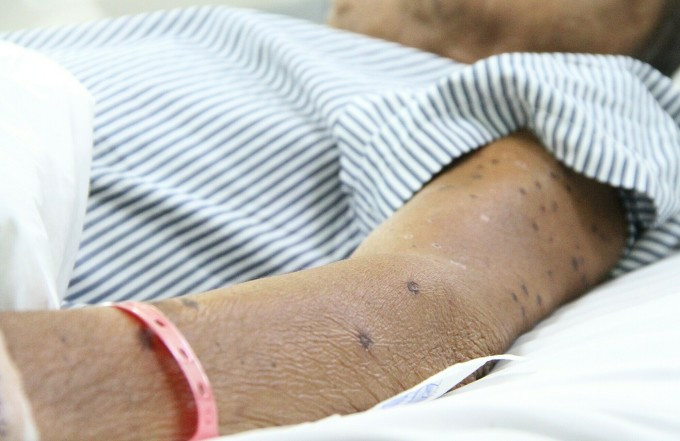
Dr. Nguyen Hoang Duyen, Deputy Head of the Department of Emergency Resuscitation at Thanh Vu Medic Bac Lieu General Hospital, said that hornet venom is very toxic and dangerous. If a person is stung by a large number of bees and does not receive timely treatment, it can cause damage to multiple organs and lead to death.
The types of bees that commonly sting humans are honeybees, wasps, yellow jackets, and hornets. The poison in bee venom causes allergic reactions, anaphylactic shock, platelet aggregation, capillary blockage, damage to many organs, and in the long term leads to liver failure, kidney failure, and death.
Doctors advise people who are stung by bees and experience hives, itching, difficulty breathing, severe pain, dizziness, fatigue, facial swelling, blood in the urine... to go to the hospital for timely treatment.
Source


![[Photo] Opening of the 11th Conference of the 13th Party Central Committee](https://vstatic.vietnam.vn/vietnam/resource/IMAGE/2025/4/10/f9e717b67de343d7b687cb419c0829a2)
![[Photo] April Festival in Can Tho City](https://vstatic.vietnam.vn/vietnam/resource/IMAGE/2025/4/10/bf5ae82870e648fabfbcc93a25b481ea)


![[Photo] Unique folk games at Chuong Village Festival](https://vstatic.vietnam.vn/vietnam/resource/IMAGE/2025/4/10/cff805a06fdd443b9474c017f98075a4)

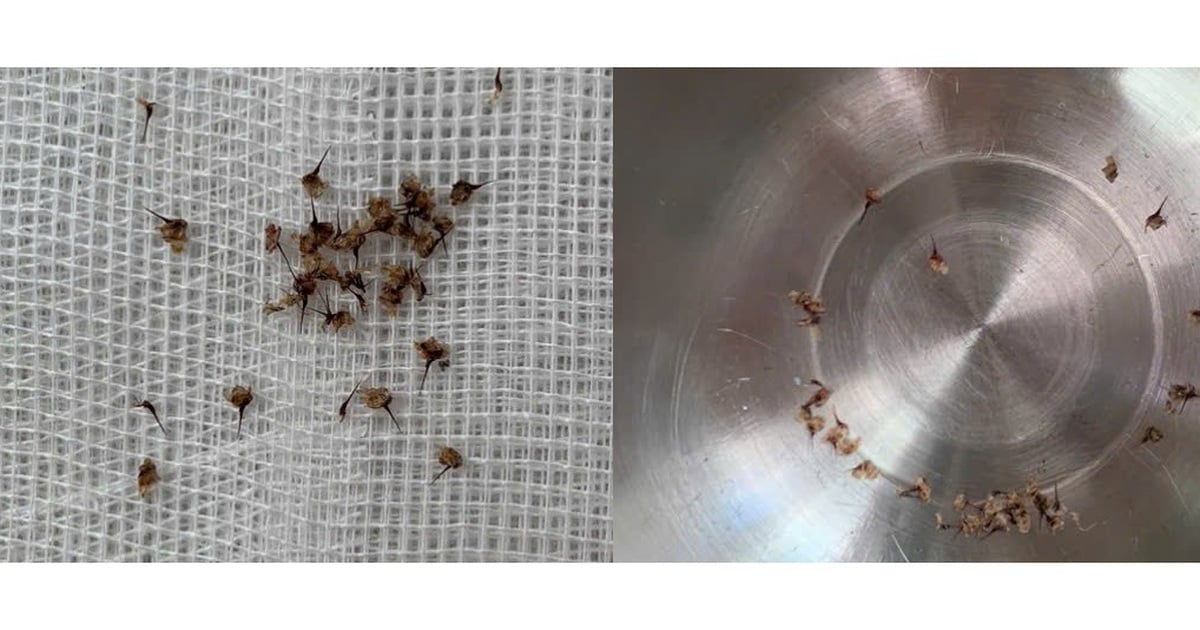



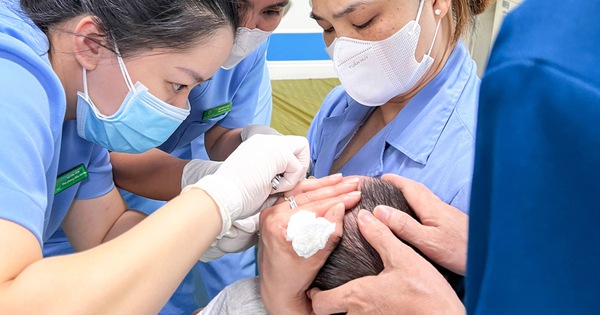



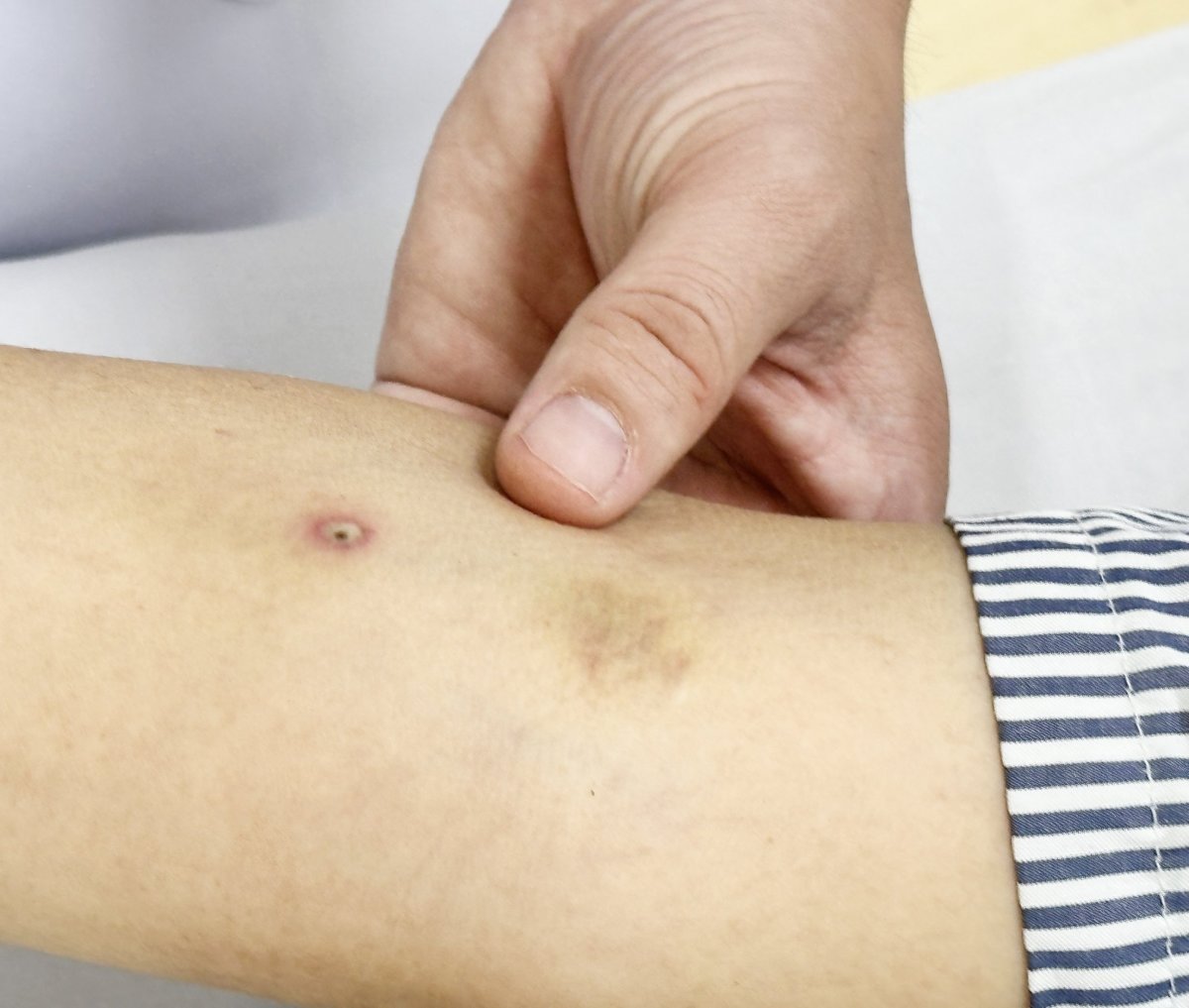

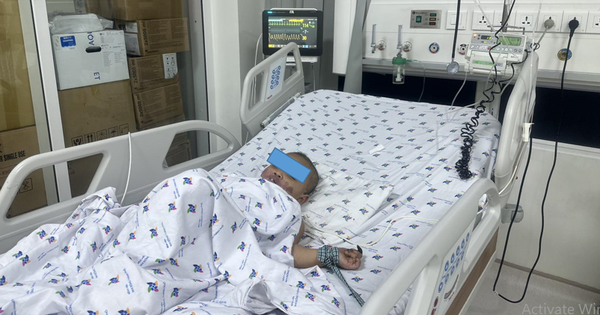

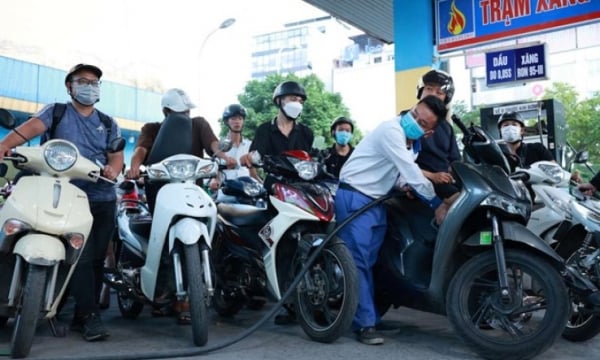












































































Comment (0)